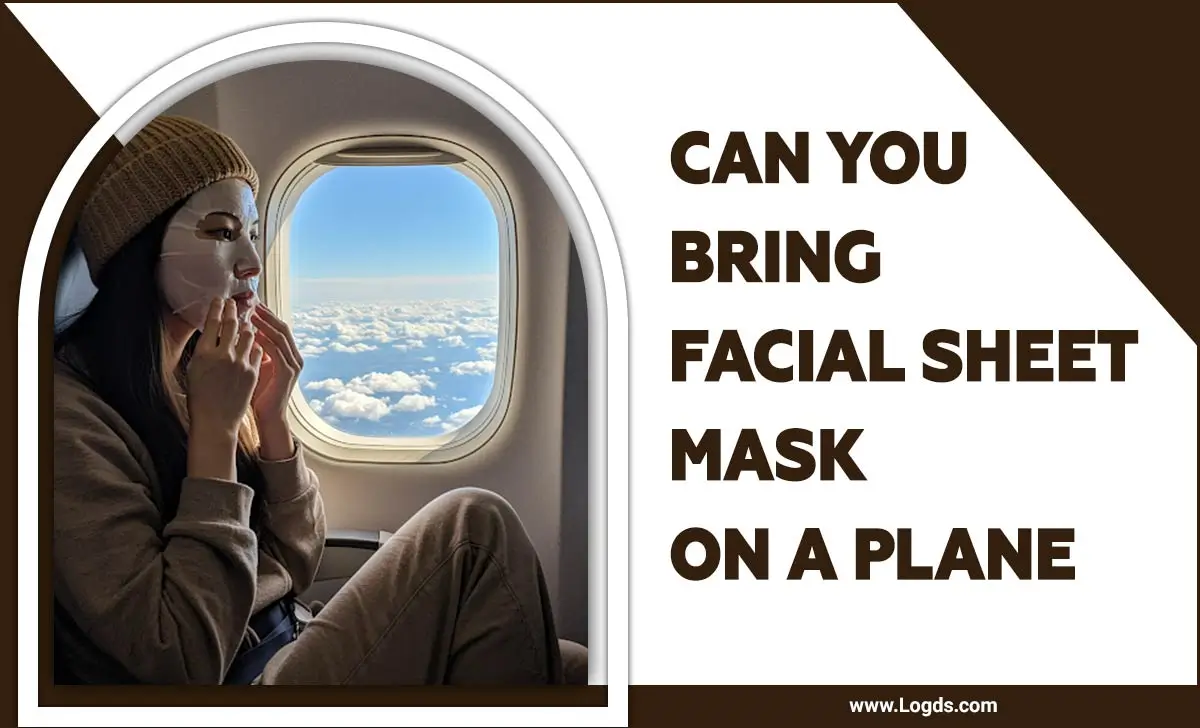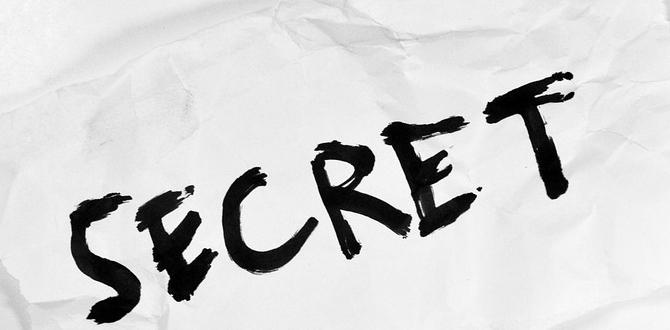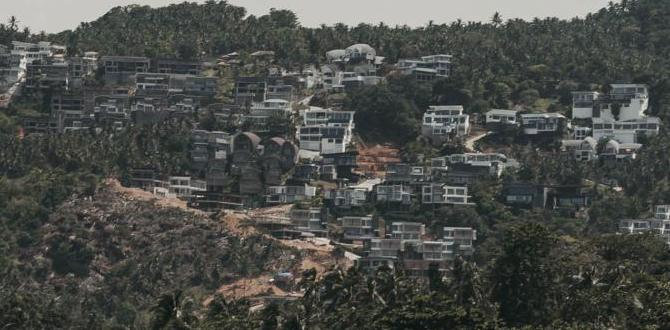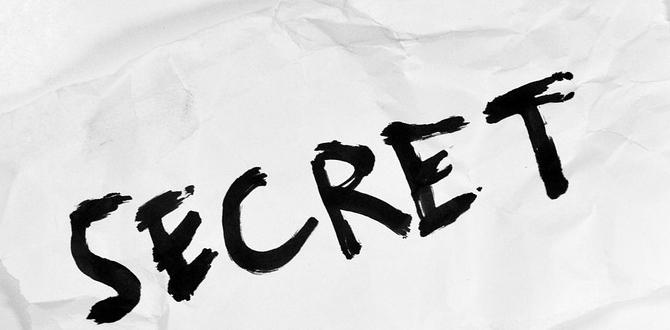For Agra safety, be aware of common scams like inflated taxi fares, fake guides, and money exchange tricks. Avoid mistakes like not booking accommodations in advance, carrying too much cash, and ignoring local customs. Planning ahead and staying vigilant ensures a safer, more enjoyable trip.
Agra, the city of the magnificent Taj Mahal, is a dream destination for many. However, like any popular tourist spot, it has its share of challenges. If you’re planning a visit, a little knowledge about potential scams and common travel blunders can go a long way in ensuring your trip is smooth and memorable for all the right reasons.
Don’t worry, we’re here to guide you through it. This article will break down the most frequent issues tourists face in Agra, offering simple, actionable advice. We’ll cover everything from transportation pitfalls to souvenir shopping savvy. Get ready to travel smarter and safer!
Understanding Agra Safety: Why Awareness Matters
Agra is a vibrant city that welcomes millions of tourists annually. While the vast majority of interactions will be positive, it’s wise to be informed. Understanding common tourist scams and mistakes isn’t about being suspicious; it’s about being prepared. Knowledge is your best tool for navigating new places confidently, ensuring your focus remains on the incredible history and beauty Agra offers, rather than potential hassles. This proactive approach helps you make the most of your adventure while looking out for your well-being and your wallet.
Common Scams to Watch Out For in Agra
Being aware of these common scams is the first step to avoiding them. They often prey on travelers’ unfamiliarity with local prices, customs, and practices. Fortunately, most are easy to sidestep with a bit of common sense and preparedness.
1. Overpriced Taxis and Auto-Rickshaws
This is perhaps the most common scam. Drivers may quote a significantly higher fare than the usual rate, especially if they perceive you as a first-time tourist. They might also insist on using their “approved” hotels or shops, which usually offer them a commission.
- The Scenario: Upon arrival at the train station or airport, or even when flagging one down, drivers may quote exorbitant prices for short distances. They might also “forget” to use the meter, if one is even present, and then demand a hefty sum at the end of the ride.
- How to Avoid It:
- Pre-paid Taxis/Rickshaws: For airport or station pickups, opt for the official pre-paid taxi or auto-rickshaw booths. The fares are fixed and displayed, eliminating negotiation hassle.
- Agree on Fare (and confirm units): If you must negotiate, agree on the fare before you start your journey. Clarify if the price is per person or for the entire trip. Better yet, ask your hotel for an estimated fare for common routes.
- Use Ride-Sharing Apps: Apps like Uber and Ola operate in Agra and often provide more transparent pricing and a cashless transaction, which can save you from fare disputes.
- Know the approximate distances: A quick check on Google Maps can give you a rough idea of how long a journey should take and what a reasonable fare might be.
2. Fake Guides and Ticket Scams
You might be approached by friendly individuals offering their services as guides, claiming to offer special tours or assistance. Some may even tell you that certain monuments are closed or that you need to buy tickets from them at inflated prices.
- The Scenario: Someone approaches you near a major attraction like the Taj Mahal or Agra Fort, offering to show you around for a “small fee” or claiming to be an official guide. They might also tell you the official ticket counter is closed or not the best place to buy.
- How to Avoid It:
- Only use licensed guides: If you want a guide, hire an official, licensed guide. You can usually arrange this through your hotel or find official guides at the entrance of major monuments. Look for their ID badges.
- Ignore unsolicited offers: Politely decline any offers from people approaching you on the street.
- Buy tickets at official counters: Always purchase your entry tickets from the official ticket windows at the monuments. Do not buy them from anyone else. Prices are clearly displayed for foreigners and locals separately.
- Check official timings/closures: If someone tells you a place is closed, verify the information with an official source or your hotel.
3. Money Exchange and ATM Frauds
While less common than taxi scams, issues with money exchange and ATMs can occur. This can involve being short-changed, receiving old currency, or encountering rigged ATMs.
- The Scenario: Money changers might give you a poor exchange rate or short-change you. ATMs might dispense less money than you requested, or sometimes dispense nothing while still debiting your account.
- How to Avoid It:
- Use official banks or authorized money changers: Exchange money only at reputable banks or authorized money exchange bureaus. This usually guarantees better rates and avoids scams.
- Count your money carefully: Always count the money you receive from any transaction before leaving the counter.
- Use ATMs at reputable banks: Stick to ATMs located within banks or in well-lit, busy areas.
- Check ATM for tampering: Before inserting your card, quickly check if the card slot or keypad looks unusual, which could indicate tampering.
- Carry sufficient cash given your comfort level: While it’s good to have cash, avoid carrying large amounts of money at once. Use ATMs judiciously for your needs.
4. Commission-Based Shopping and Restaurants (“Tourist Traps”)
Some shops, emporiums, and restaurants operate on a commission basis for drivers or touts. This means they actively solicit tourists and might inflate prices, knowing they have to pay a commission. The quality of goods or food might also be compromised.
- The Scenario: You’re taken to a shop or restaurant by your driver, or persuaded by a tout to visit a particular establishment. The prices are higher than expected, and the sales pressure can be intense.
- How to Avoid It:
- Research restaurants and shops: Look for places with good reviews online from other travelers, or ask your hotel for recommendations.
- Avoid unsolicited invitations: Be wary of people who strongly recommend specific places to eat or shop, especially if they are accompanying you.
- Walk away if pressured: If you feel pressured to buy something or eat somewhere you’re not comfortable with, politely thank them and leave.
- Compare prices: If considering a purchase, especially for higher-value items like marble inlay work or textiles, compare prices at a few different reputable shops before deciding.
5. Shoe Scams at Religious Sites
When visiting religious sites, you’ll need to remove your shoes. Sometimes, people will offer to watch your shoes for a fee, or your shoes may go missing after being left unattended.
- The Scenario: You take off your shoes at the entrance of a temple or mosque, and someone appears offering to guard them, or you find they are gone when you return.
- How to Avoid It:
- Use official shoe-minding services: Many religious sites have designated, official areas for shoe storage where a nominal fee is charged. Use these.
- Keep valuables with you: If possible, carry small valuable items (like wallets or phones) with you into the site, and wear shoes that are easy to slip on and off and are not overly expensive.
- Observe where others leave shoes: See where locals are leaving their footwear and follow suit if there’s no official minder.
Common Mistakes to Avoid for a Smoother Trip
Beyond overt scams, certain common mistakes can lead to inconveniences and unnecessary stress. Learning from them can help you have a much more comfortable and enjoyable experience.
1. Not Booking Accommodation in Advance
Agra is a popular destination. Arriving without a confirmed place to stay can lead to limited options, inflated prices, and the stress of searching last minute, especially during peak tourist seasons.
- The Mistake: Winging it and assuming you’ll find a great hotel easily upon arrival.
- The Solution:
- Book Online: Use reputable booking websites and secure your accommodation a few weeks or even months in advance, especially if traveling during popular times (October to March).
- Read Reviews: Pay attention to recent reviews regarding cleanliness, safety, and service.
- Consider Location: Choose a hotel that is conveniently located for sightseeing and has good transport links.
2. Carrying Excessive Cash or Valuables
While it’s necessary to have cash, carrying large amounts makes you a potential target for theft or pickpocketing, especially in crowded areas.
- The Mistake: Having your entire holiday budget in your wallet or backpack.
- The Solution:
- Use ATMs Wisely: Withdraw cash as needed from secure ATMs.
- Secure Your Money: Use money belts or internal pouches to store cash and important documents.
- Card Payments: Many hotels, restaurants, and larger shops accept credit/debit cards.
- Keep Small Bills: Carry a small amount of cash for daily expenses like local transport, snacks, and tips.
3. Ignoring Local Customs and Dress Code
Showing respect for local traditions and customs goes a long way in fostering positive interactions and can prevent unintentional offense. This includes appropriate dress, especially when visiting religious sites.
- The Mistake: Dressing in revealing clothing in public or in religious places where modesty is expected.
- The Solution:
- Modest Attire: Pack lightweight, breathable clothing that covers your shoulders and knees. This is especially important for visiting mosques, temples, and other religious sites.
- Be Mindful of Photography: Always ask permission before taking photos of people, especially women and children. Some historical sites may also prohibit photography.
- Learn Basic Phrases: Knowing a few Hindi phrases like “Namaste” (hello), “Dhanyawad” (thank you), and “Kitna hai?” (How much is it?) can be very helpful and appreciated.
4. Not Staying Hydrated and Protected from the Sun
Agra can get very hot, especially during summer months. Dehydration and sunstroke are serious risks if you don’t take precautions.
- The Mistake: Underestimating the heat and not drinking enough water.
- The Solution:
- Drink Bottled Water: Always drink bottled water from reputable brands. Avoid tap water. Carry a reusable water bottle and refill it with sealed bottles.
- Sun Protection: Wear a hat, sunglasses, and apply sunscreen regularly.
- Seek Shade: Take breaks in shaded areas, especially during the hottest parts of the day (usually midday).
- Light Clothing: Wear light-colored, loose-fitting cotton clothing to stay cool.
5. Over-Scheduling Your Itinerary
Agra has incredible attractions, but trying to cram too much into one day can lead to exhaustion and a rushed experience. This can make it harder to be vigilant and enjoy the moment.
- The Mistake: Trying to see Taj Mahal, Agra Fort, Fatehpur Sikri, and multiple markets all in one day.
- The Solution:
- Prioritize: Decide on your must-see attractions and spread them out over your visit.
- Allow for Downtime: Schedule in time for relaxation, enjoying local cuisine, and spontaneous exploration.
- Factor in Travel Time: Agra’s traffic can be unpredictable. Allow ample time to travel between sites.
Essential Preparation for Agra Safety
A little preparation can significantly enhance your safety and peace of mind in Agra. Think of it as packing your confidence!
1. Travel Insurance
This is a non-negotiable for any international travel. Travel insurance can cover medical emergencies, lost luggage, trip cancellations, and more, providing a crucial safety net.
- Key Benefits: Medical coverage, emergency evacuation, lost belongings reimbursement, trip interruption protection.
- What to look for: Ensure it covers adventure activities if you plan any, and check the policy details carefully for any exclusions. See the U.S. Department of State’s advice on international travel insurance.
2. Emergency Contact Information
Keep a list of important phone numbers handy:
- Your country’s embassy or consulate in India.
- Your hotel’s contact number.
- Local emergency services (police, ambulance).
- Your bank’s international fraud hotline.
3. Health Precautions
While not directly a scam, being aware of health risks is part of overall safety. Consult your doctor before traveling about necessary vaccinations and general health advice for India.
- Hand Sanitizer: Always carry hand sanitizer. Use it frequently, especially before eating.
- First-Aid Kit: Pack a small, basic first-aid kit with essentials like bandages, antiseptic wipes, pain relievers, and any personal medications. For those using adult or child diapers, ensure you have an adequate supply and perhaps a discreet bag for disposal.
Travel Comfort Beyond Safety: Practical Tips
For a truly stress-free trip in Agra, comfort is key. This is where thinking about practicalities like personal care and luggage comes in.
Comfortable Travel Kits
Having a well-organized travel kit can make a world of difference. For parents, this might include child diapers, wipes, and change of clothes. For adults who prefer or require the use of adult diapers for added security on long travel days, having these readily accessible ensures comfort without worry.
- For Parents: Include a few spare child diapers, travel-sized wipes, a small changing mat, and plastic bags for soiled items.
- For Adults: Pack a few adult diapers in a discreet bag, along with wet wipes and disposal bags. This is invaluable for long journeys, potential restroom unavailability, or simply for added confidence. Brands like [mention a hypothetical reputable brand like “ComfortWear” or “SecureLife”] offer discreet and reliable options.
Luggage and Essentials
Pack smart to avoid being burdened by too much luggage.
- Backpack/Daypack: An anti-theft backpack is excellent for day trips to keep your water, snacks, camera, and essentials secure and organized.
- Comfortable Shoes: You’ll be doing a lot of walking. Prioritize comfort over style.
- Lightweight Clothing: As mentioned, cotton or linen are ideal for Agra’s climate.
Navigating Agra’s Attractions Safely
When you’re at the main sites, a few extra precautions can help.
Taj Mahal Safety
The Taj Mahal is a UNESCO World Heritage site and is generally very secure. However:
- Baggage Policy: Be aware of the strict baggage policy. Only small bags are allowed; large bags, food, and tripods are often prohibited. Check the official Archaeological Survey of India website for the latest rules.
- Photography: Photography is not allowed inside the main mausoleum.
- Beware of touts: Stick to authorized entry points and avoid anyone offering unsolicited services.
Agra Fort Safety
Agra Fort is a vast historical complex.
- Stay with your group: If you are in a group, stay together.
- Be mindful of uneven ground: The fort has many stairs and uneven surfaces, so wear appropriate footwear.
- Listen to guides: If you hire an official guide, they will navigate you through the complex safely and informatively.
Agra Safety & Common Mistakes Table Summary
Here’s a quick reference guide to help reiterate key points:
| Category | Common Scam/Mistake | How to Avoid |
|---|---|---|
| Transportation | Overpriced Taxis/Rickshaws | Use pre-paid booths, ride-sharing apps, agree fare in advance. |
| Drivers pushing commission shops | Politely decline, use your own preferred vendors. | |
| Site Entry & Guides | Fake Guides & Ticket Scams | Use only licensed guides, buy tickets at official counters. |
| Shoe scams at religious sites | Use official shoe keepers, wear |





